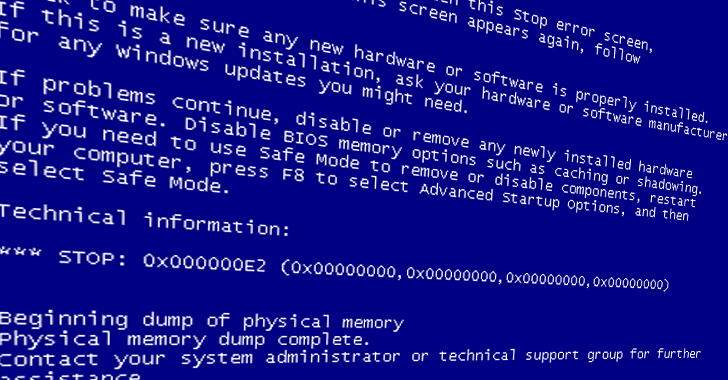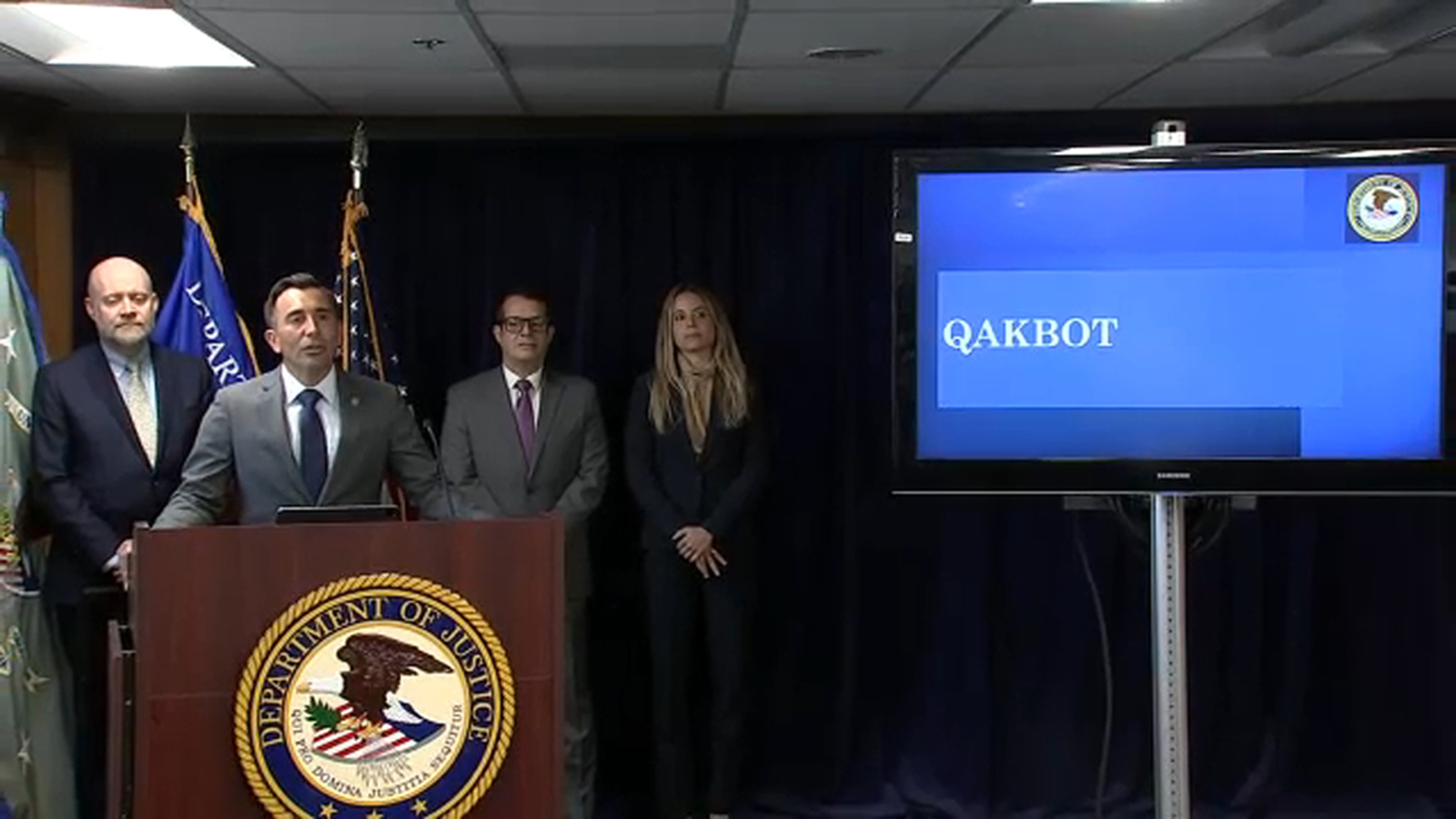Microsoft Reveals How a Crash Dump Led to a Major Security Breach
Microsoft on Wednesday revealed that a China-based threat actor known as Storm-0558 acquired the inactive consumer signing key to forge tokens and access Outlook by compromising an engineer’s corporate account.
This enabled the adversary to access a debugging environment that contained information pertaining to a crash of the consumer signing system and steal the key. The system crash took place in April 2021.
“A consumer signing system crash in April of 2021 resulted in a snapshot of the crashed process (‘crash dump’),” the Microsoft Security Response Center (MSRC) said in a post-mortem report.
“The crash dumps, which redact sensitive information, should not include the signing key. In this case, a race condition allowed the key to be present in the crash dump. The key material’s presence in the crash dump was not detected by our systems.”
The Windows maker said the crash dump was moved to a debugging environment on the internet-connected corporate network, from where Storm-0558 is suspected to have acquired the key after infiltrating the engineer’s corporate account.

It’s not currently not known if this is the exact mechanism that was adopted by the threat actor since Microsoft noted it does not have logs that offer concrete proof of the exfiltration due to its log retention policies.
Microsoft’s report further alludes to spear-phishing and the deployment of token-stealing malware, but it did not elaborate on the modus operandi of how the engineer’s account was breached in the first place, if other corporate accounts were hacked, and when it became aware of the compromise.
That said, the latest development offers insight into a series of cascading security mishaps that culminated in the signing key ending up in the hands of a skilled actor with a “high degree of technical tradecraft and operational security.”
Storm-0558 is the moniker assigned by Microsoft to a hacking group that has been linked to the breach of approximately 25 organizations using the consumer signing key and obtaining unauthorized access to Outlook Web Access (OWA) and Outlook.com.
The zero-day issue was blamed on a validation error that allowed the key to be…



